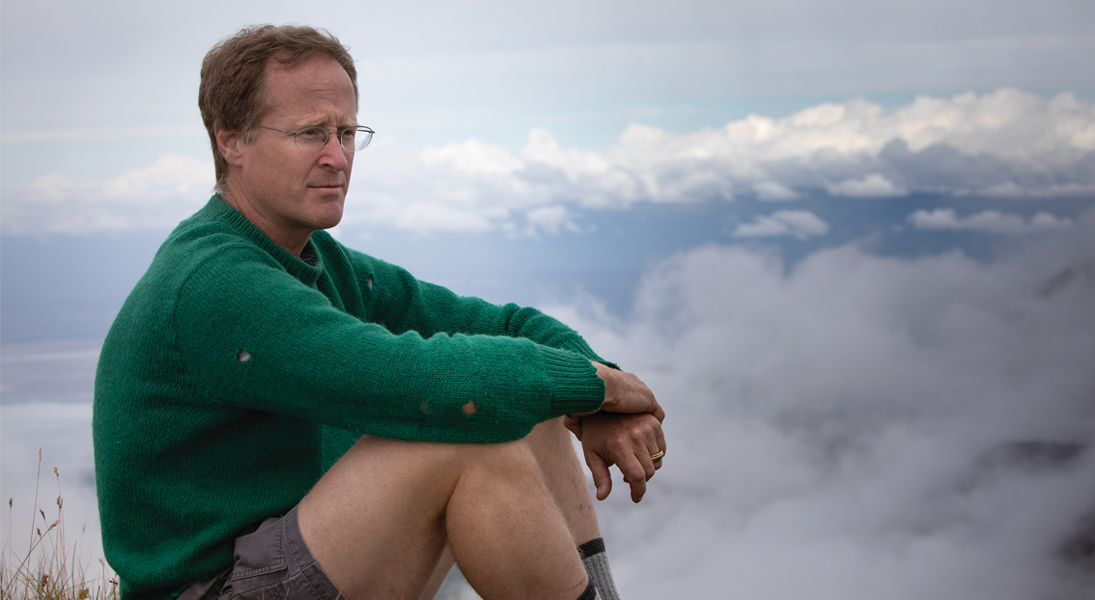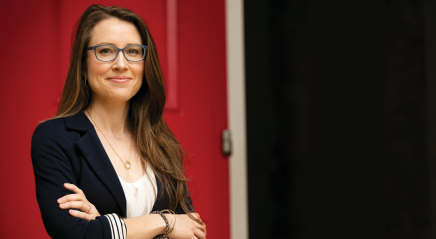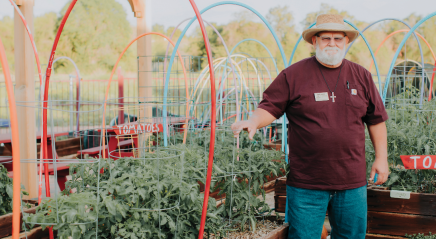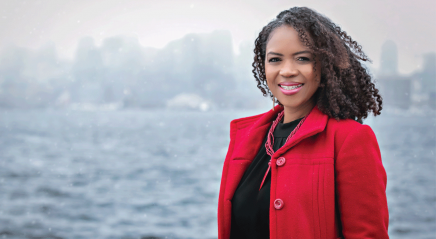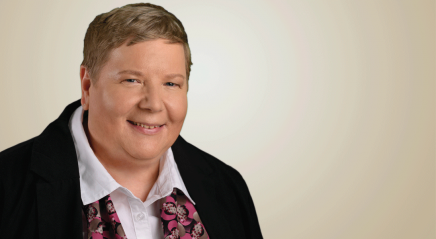Joy Lutheran Church, Eagle River, Alaska
Arctic researcher and conservationist
I believe that we need to work together if we want the world to be a better place. Among other things, this means understanding and respecting those who have different views than ours.
As an Arctic researcher, I have enjoyed great hospitality, kindness and generosity from Indigenous people all around the North. I am humbled by the trust I have been shown, despite a long history of newcomers exploiting and mistreating Indigenous people. I try to follow their example to treat others as I would like to be treated.
I can connect my faith to my work because it’s important that we take care of creation. It’s also important that we learn to understand and love one another, which means spending time outside of our comfort zones and being willing to question our ideas by looking at them from a different perspective.
My research has taught me the importance of caring for creation because it is all too obvious what happens when we don’t. We were given a world of abundance. In many places, what we have left is a pale shadow of what once was. Conserving what is healthy isn’t easy, but it’s much easier than restoring what has been damaged.
I think it’s important to draw from both scientific findings and Iñupiat and Yupik Eskimo knowledge when researching sea ice because none of us knows all there is to know. Scientists can provide a detailed quantitative assessment of sea ice properties or the trend in its total extent over time. Indigenous expert hunters know how to be safe when on sea ice, and they understand how changing sea ice affects coastal communities. We need both types of knowledge to understand the whole story.
One myth I’d like to dispel regarding climate change is that there is nothing we can do. Our actions matter, and they can provide many benefits. Turning off unnecessary lights not only reduces greenhouse gas emissions but also saves money on our power bill.
To me, grace means we have nothing to prove. We have the gift of starting fresh and free, to live and create from a sense of joy for what we have already received.
One myth I’d like to dispel regarding climate change is that there is nothing we can do. Our actions matter, and they can provide many benefits.
It’s important to me to be involved in my congregation because of the love and support we create for one another. People are there for us when we need them, and I hope we’re there for them too.
One thing people can do to protect Arctic waters and species is to practice conservation in our daily lives. Plastics and other pollution are winding up in the Arctic, and our demand for resources puts pressure on the area too. The whole world benefits if we can move toward a sustainable way of living.
People are surprised that I was an English major in college. Most of my scientific training has come through experience and graduate school. It does help in my work that I enjoy writing.
I share my faith by trying to live the commandment to love one another. It’s not always easy, but it usually helps bring out the good in others too.
I’m a Lutheran by chance because we were looking for a church, and Joy Lutheran has great music, a welcoming atmosphere, and an openness to questions and struggles with faith. Scientists want to see evidence, and the evidence I see is the comfort, peace and joy that we find together in our congregation and beyond.
The practice of conserving natural resources connects us with people around the world because we share the world with one another. What I do in Alaska can affect someone on the other side of the world and vice versa. We can also learn from one another and appreciate the beauty and diversity of human and natural life on Earth.
I pray to be grateful for all I have been given and to put what I have to good use.
Making trips in the Arctic by dog team, snowmobile and boat is a wonderful way to experience the region firsthand. Much of my work is at a computer or in a meeting room, so it’s important to be able to understand what it’s like to be on the land and the sea. I’ll never have the expertise or experience to match that of the indigenous people I work with, but it’s good to have at least some credibility from my own travels there.



